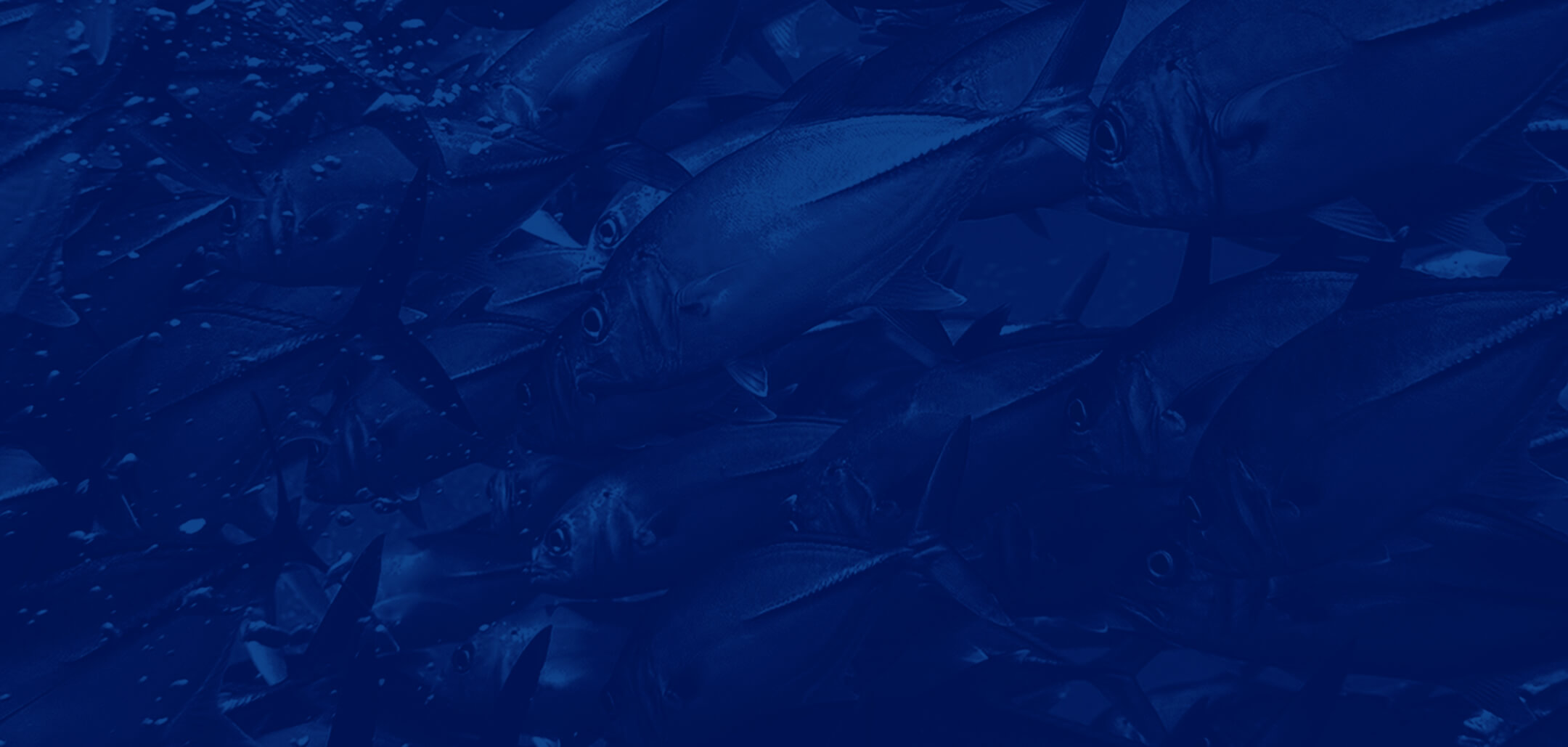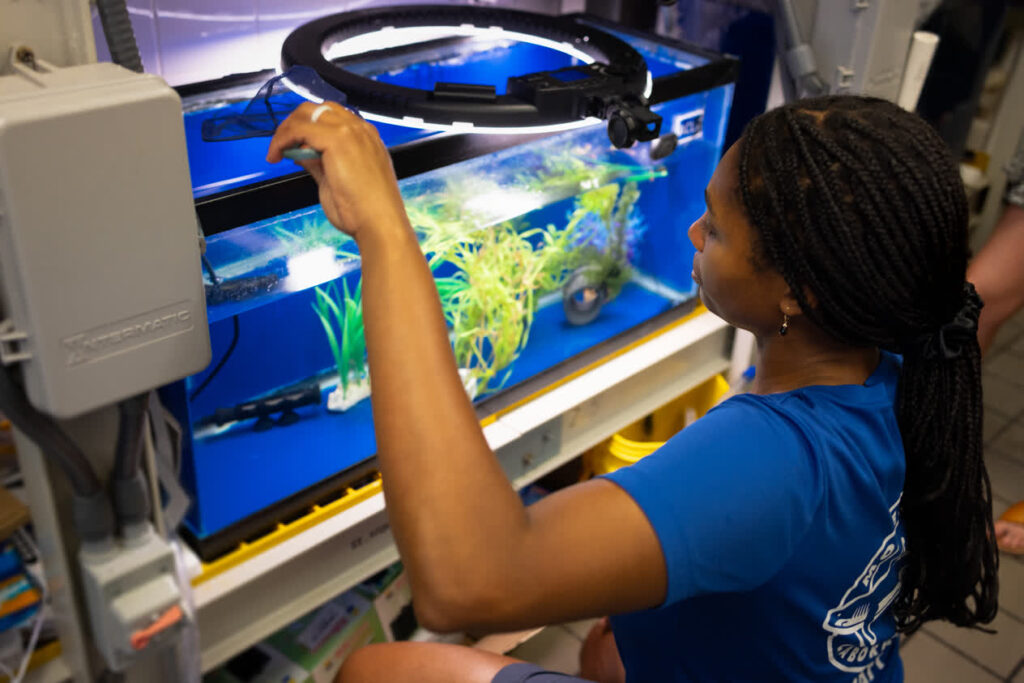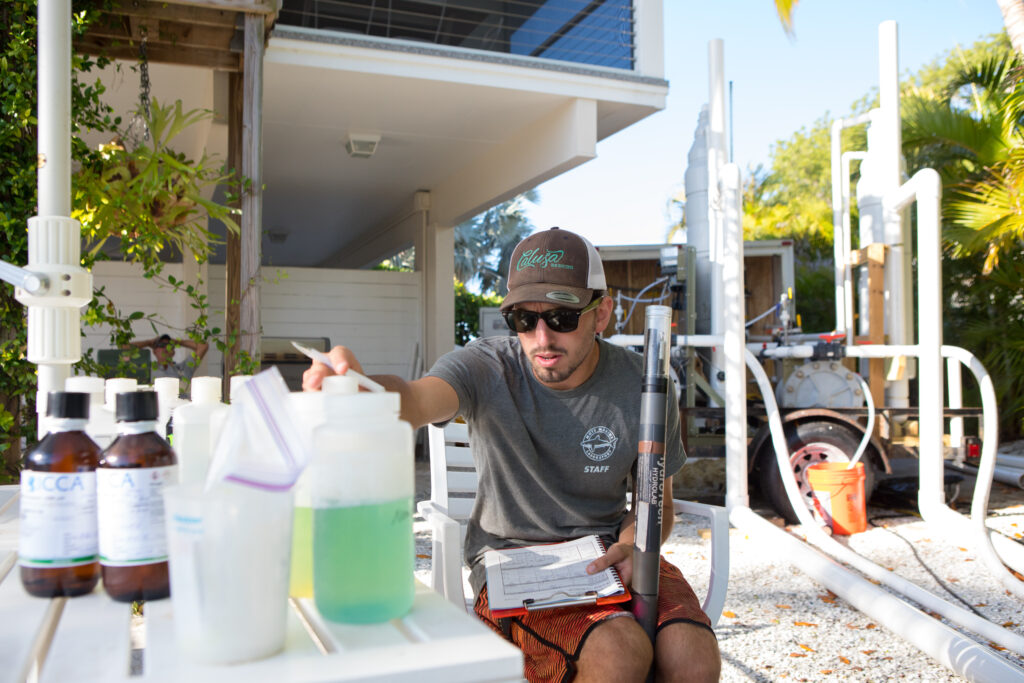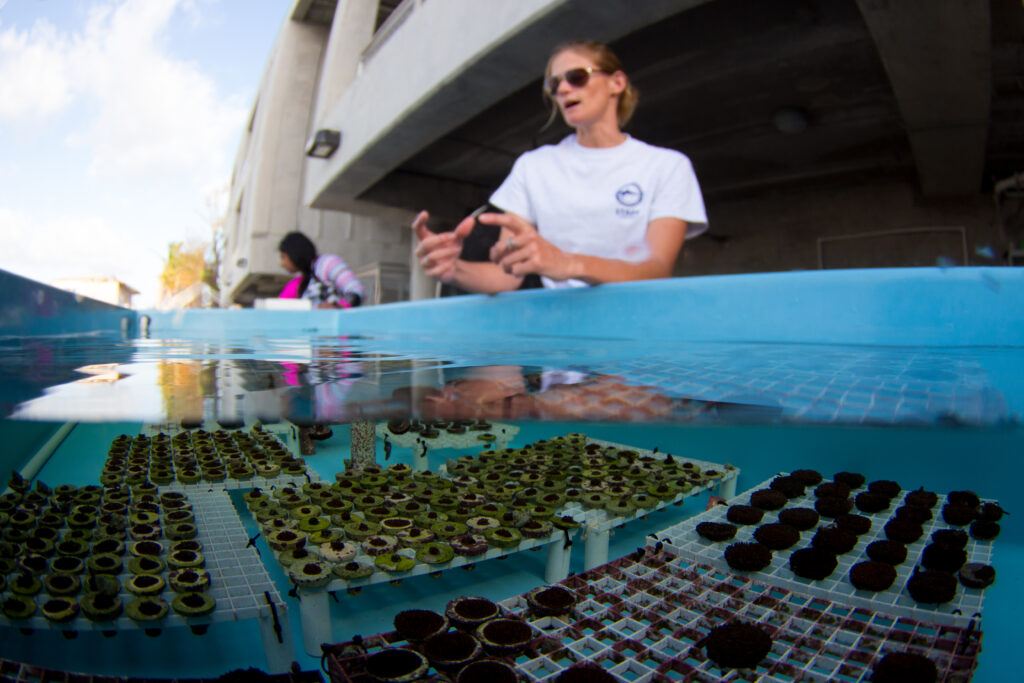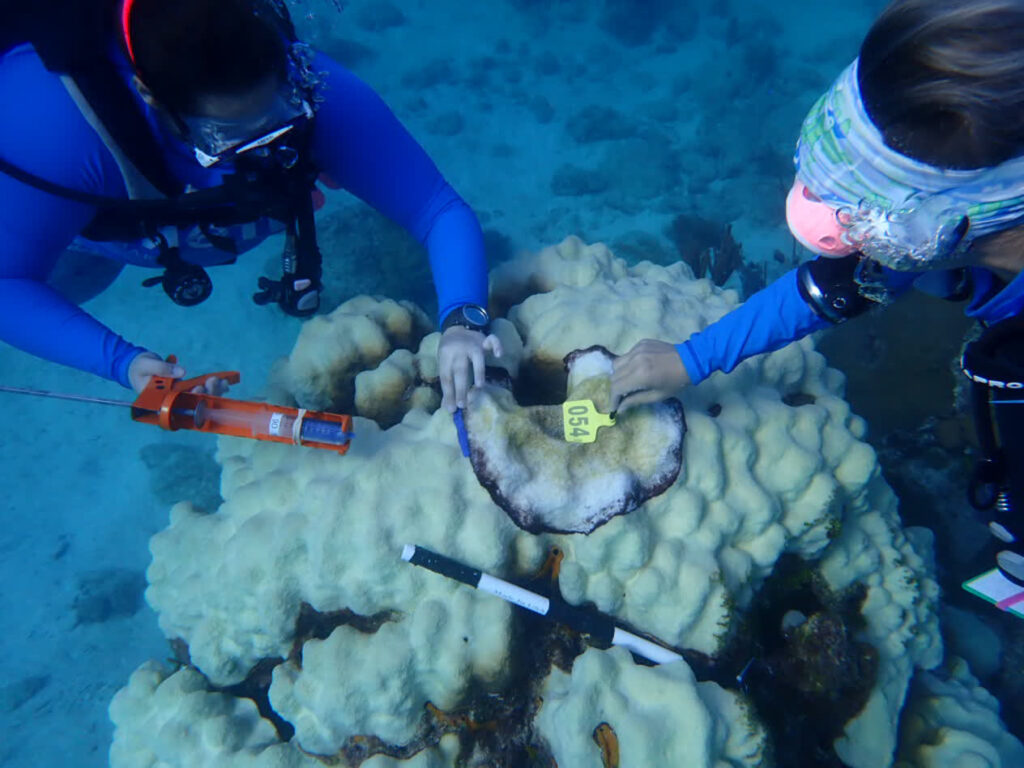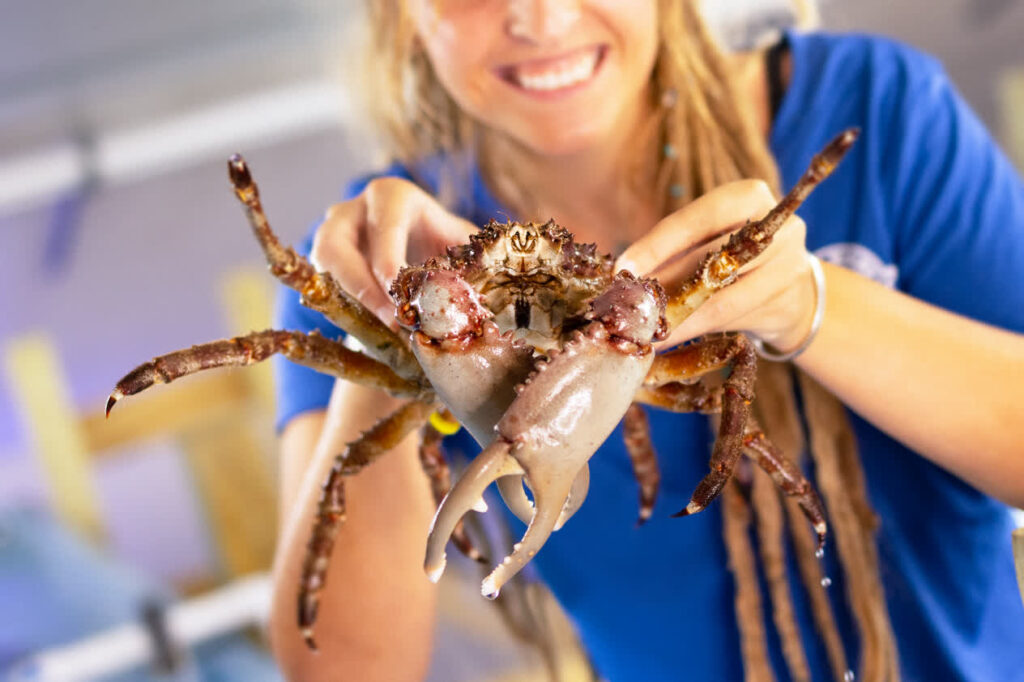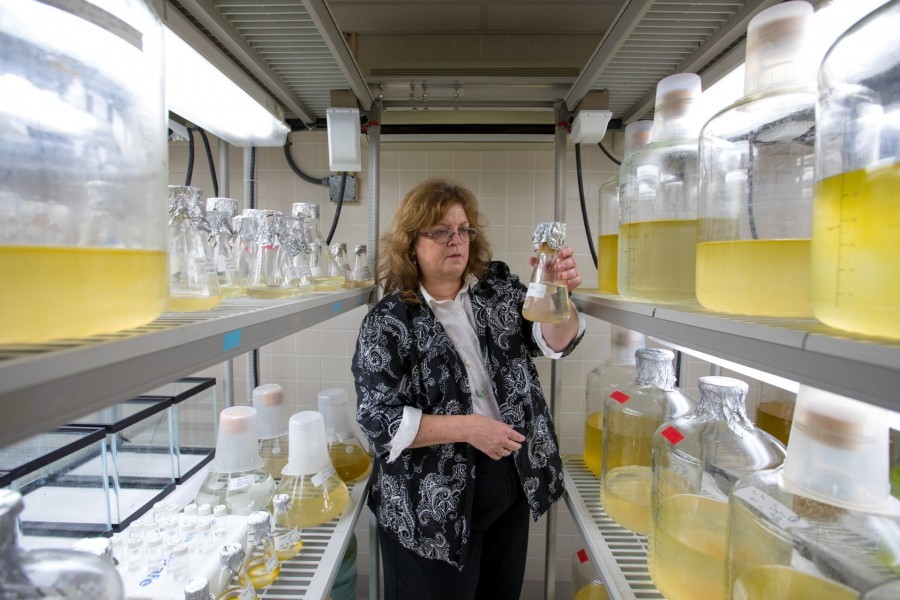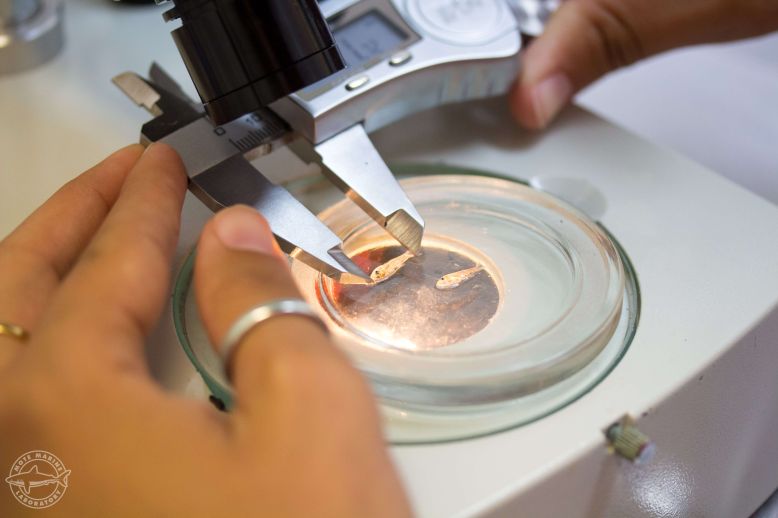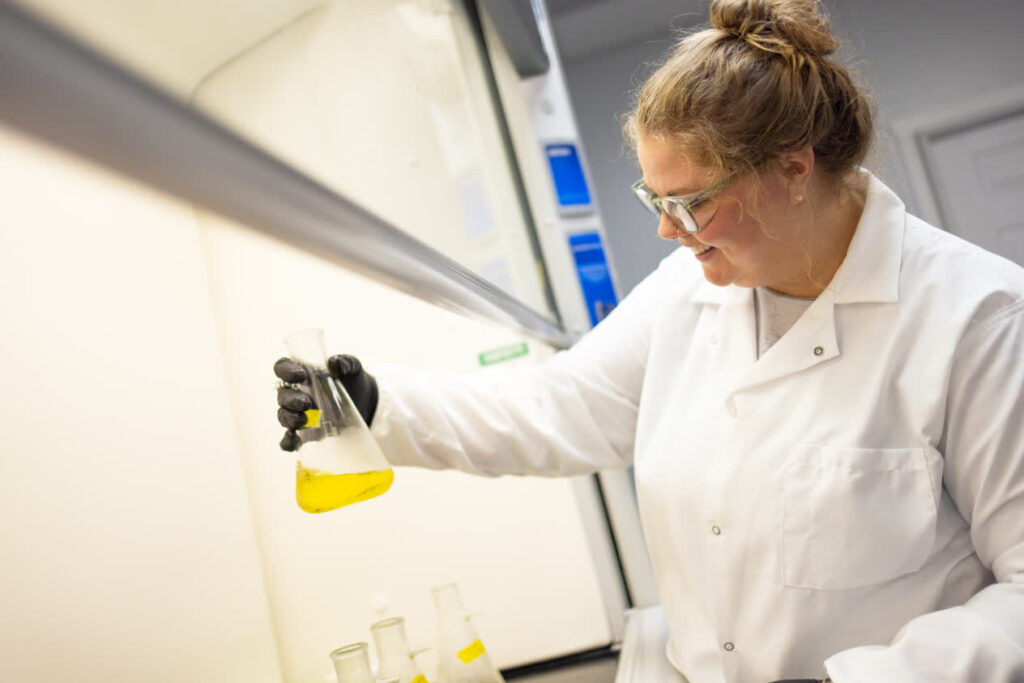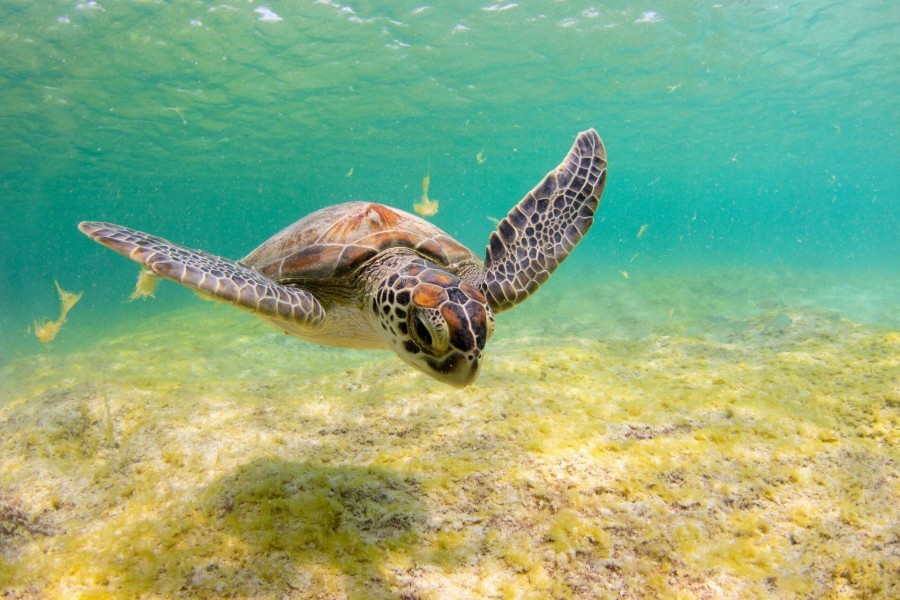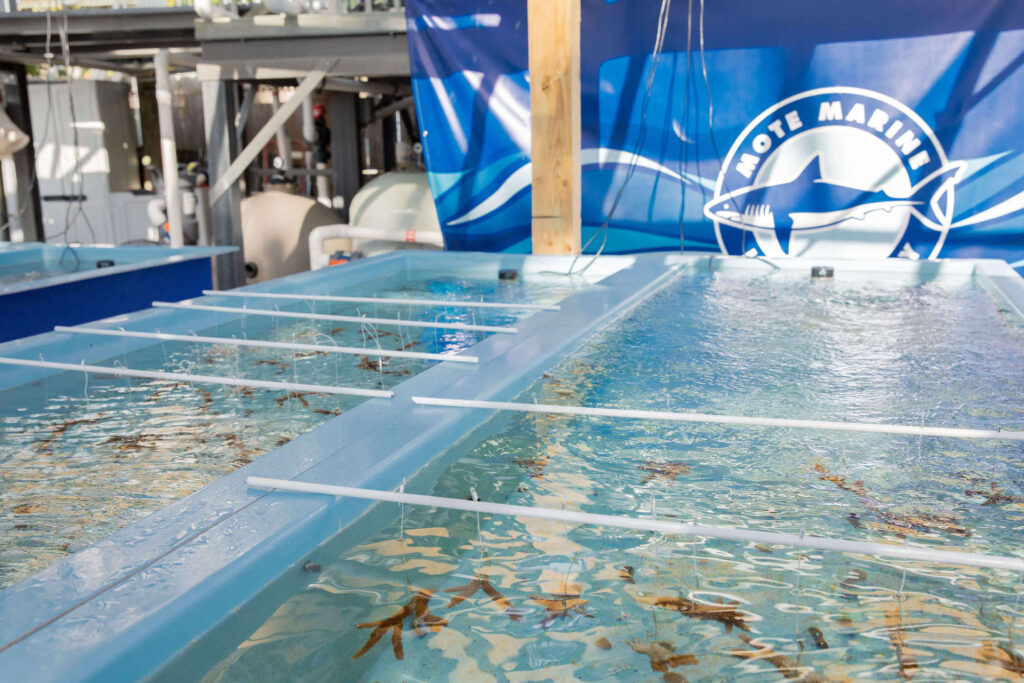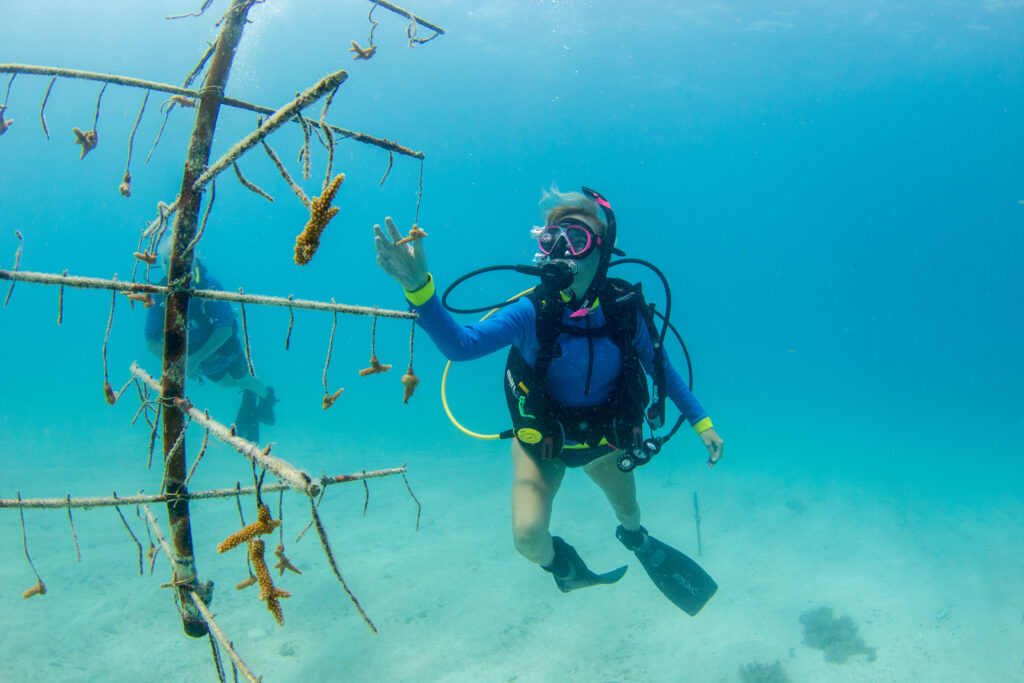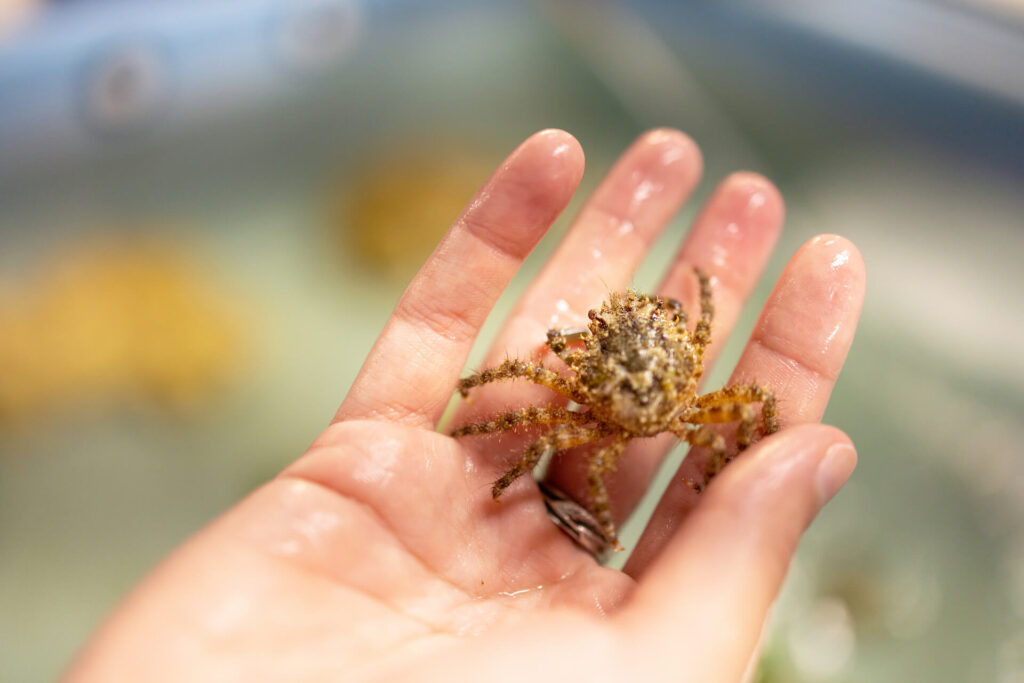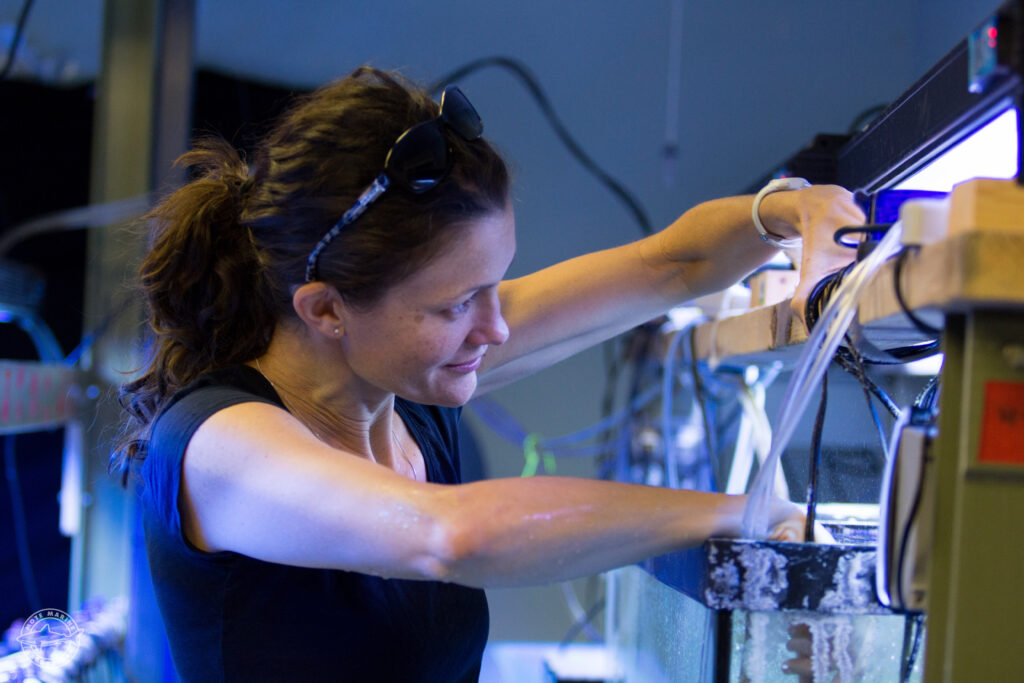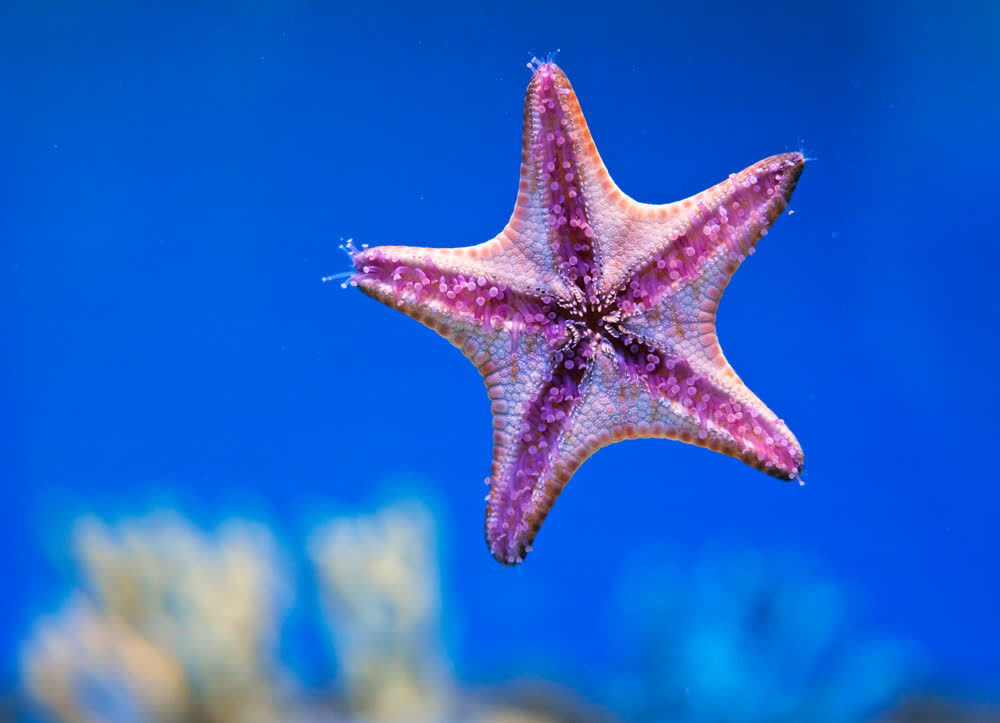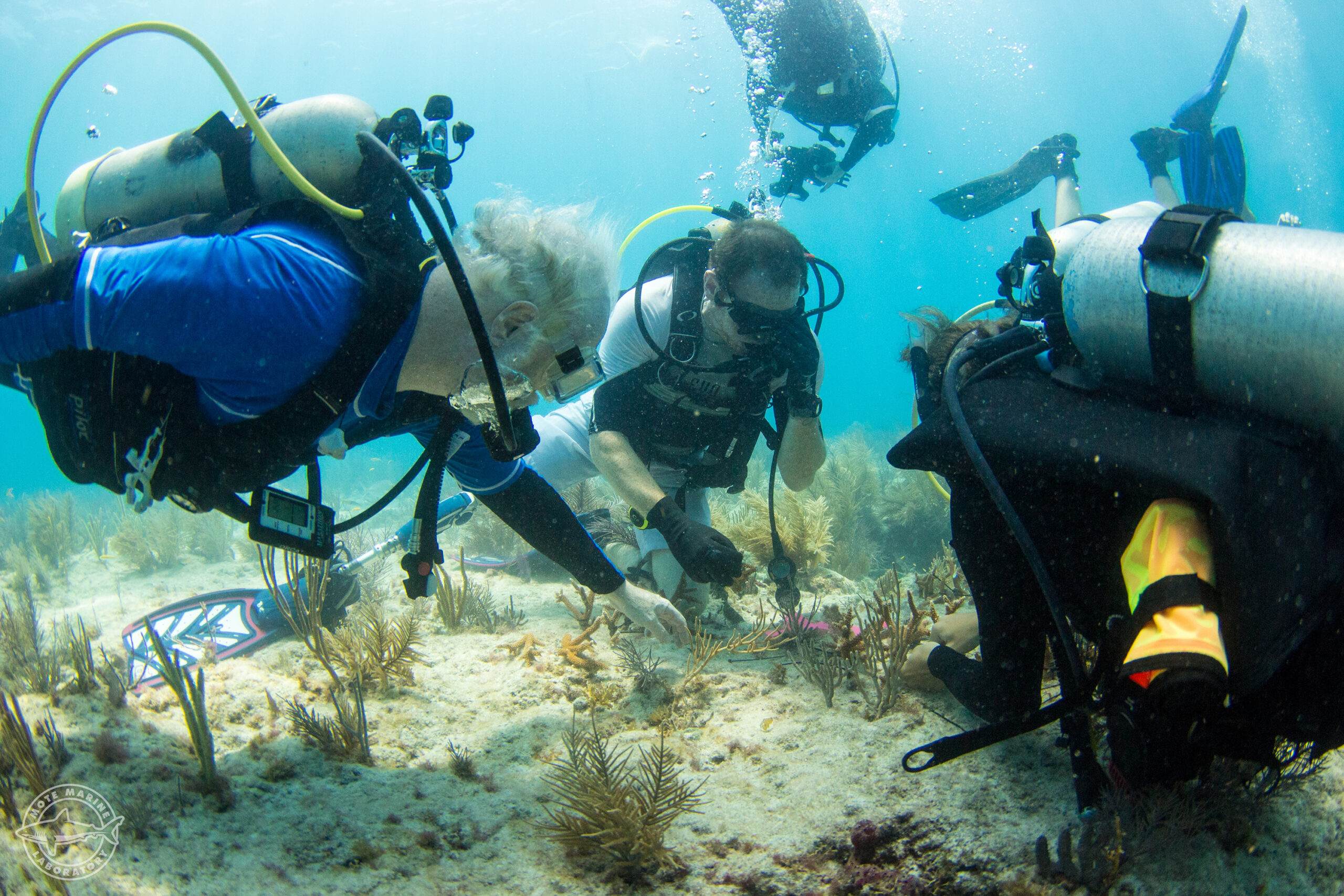Mote Undergraduate Research Experiences (URE)
We at Mote are scientists, explorers and stewards of the ocean. Focused on research and education, we work to create a better environment for ourselves and our families. The answers are in the ocean. Together, we will find them. For more about Mote, click here.
The Mote URE Summer season will run from May 24 – August 1, 2026. Applications will open on December 24th and will be due by February 15th. Please note that the application link will not be active until December 24th.
This program offers a residential research experience for undergraduates and is designed to provide hands-on opportunities to 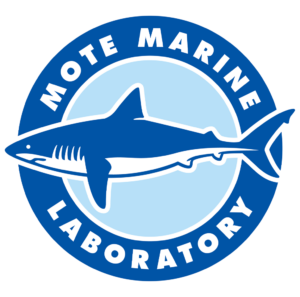 participate in scientific research under the mentorship of Mote scientists. Students gain experience in scientific research, science communication and attend research seminars and workshops on career skills. The experience gained through a Mote research internship will enhance both the knowledge and experience needed for entry-level employment as well as graduate studies within related fields. Interns will participate in scientific projects being conducted in their mentor’s area of expertise.
participate in scientific research under the mentorship of Mote scientists. Students gain experience in scientific research, science communication and attend research seminars and workshops on career skills. The experience gained through a Mote research internship will enhance both the knowledge and experience needed for entry-level employment as well as graduate studies within related fields. Interns will participate in scientific projects being conducted in their mentor’s area of expertise.
URE projects offer an opportunity to increase the participation of the full spectrum of the nation’s diverse talent in STEM. The goal of this program is to broaden participation of historically underrepresented groups in STEM.
Eligibility
- U.S. citizens or permanent residents of the U.S. or its territories.
- Currently enrolled* in a degree program (full-time or part-time) leading to a baccalaureate degree.
- First-time URE participants. Priority will be given to students who have not completed an NSF URE internship program.
- Available for the full duration of the program, from May 24 to August 1, 2026. For questions regarding scheduling conflicts, please see our URE FAQ page.
No former research or internship experience necessary.
Expected Outcomes
Student participants will:
- Be involved in scientific research projects under the direction of a Mote scientist.
- Gain experience in planning and implementing research through involvement in on-going research projects.
- Present a final poster or presentation.
- Attend scientific research seminars presented by graduate students, post-docs or scientists from Mote, government agencies or universities.
- Learn about opportunities for graduate study, careers in marine science, and communication skills in science by participating in student workshops.
Stipends, Travel & Housing
Students participating in the Mote URE Program receive:
- Earn a $6000 stipend over a 10 week period.
- Free housing in a local dormitory or a housing stipend. *Confirmed upon acceptance notification.
- Financial support for travel expenses between Mote and their home institution.
Note: Provided dorms are off-campus so bringing a car is highly recommended. Public transportation between Mote and most local areas is available through a local bus system. Interns are responsible for providing or making arrangements for daily transportation to Mote.
Questions?
Join us on Thursday, January 15th at 2:00 pm Eastern Time for an info session on our URE and REU programs. This info session will be held via Zoom. Click HERE to register.
If you are unable to attend the info session live, a recording of the session will be posted here afterwards.


